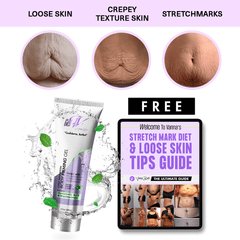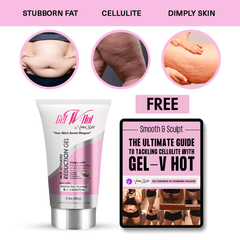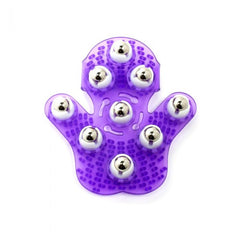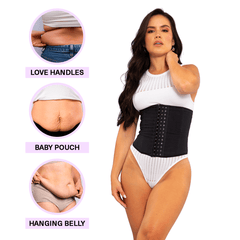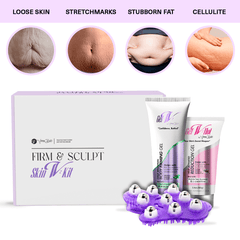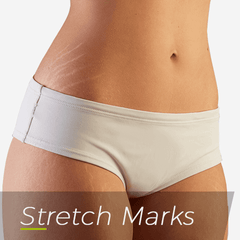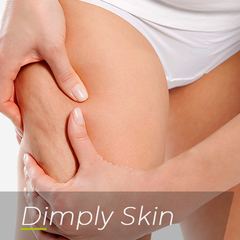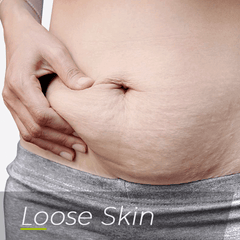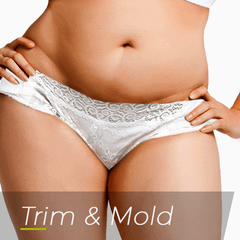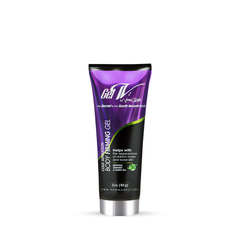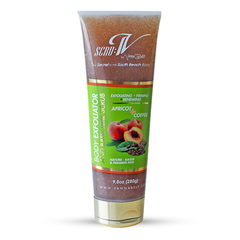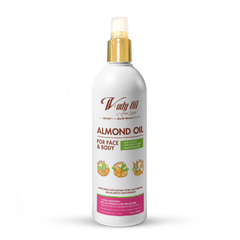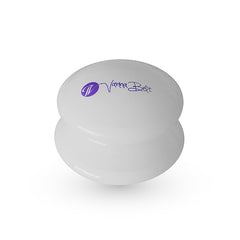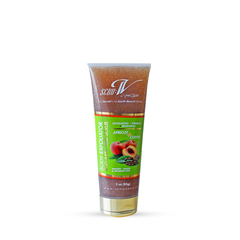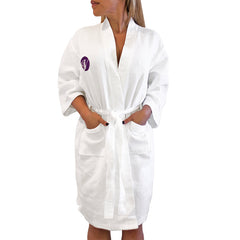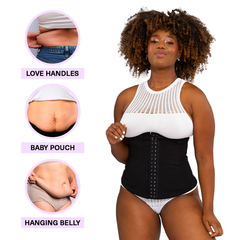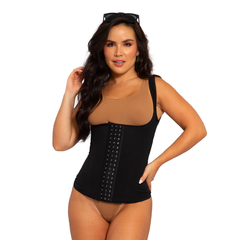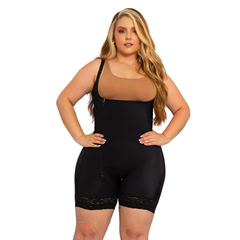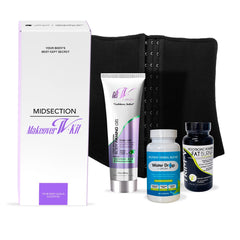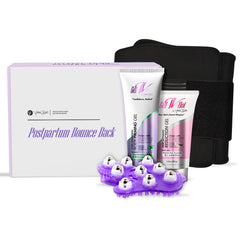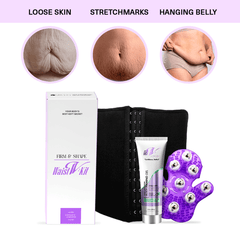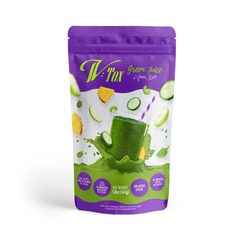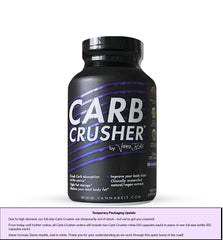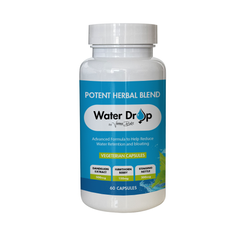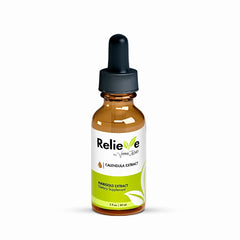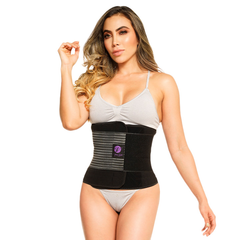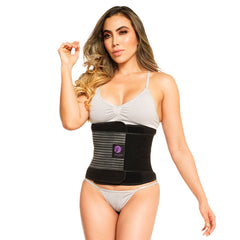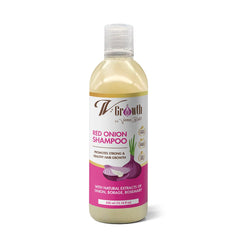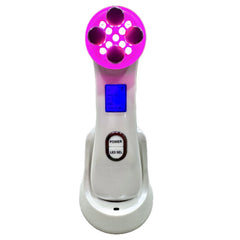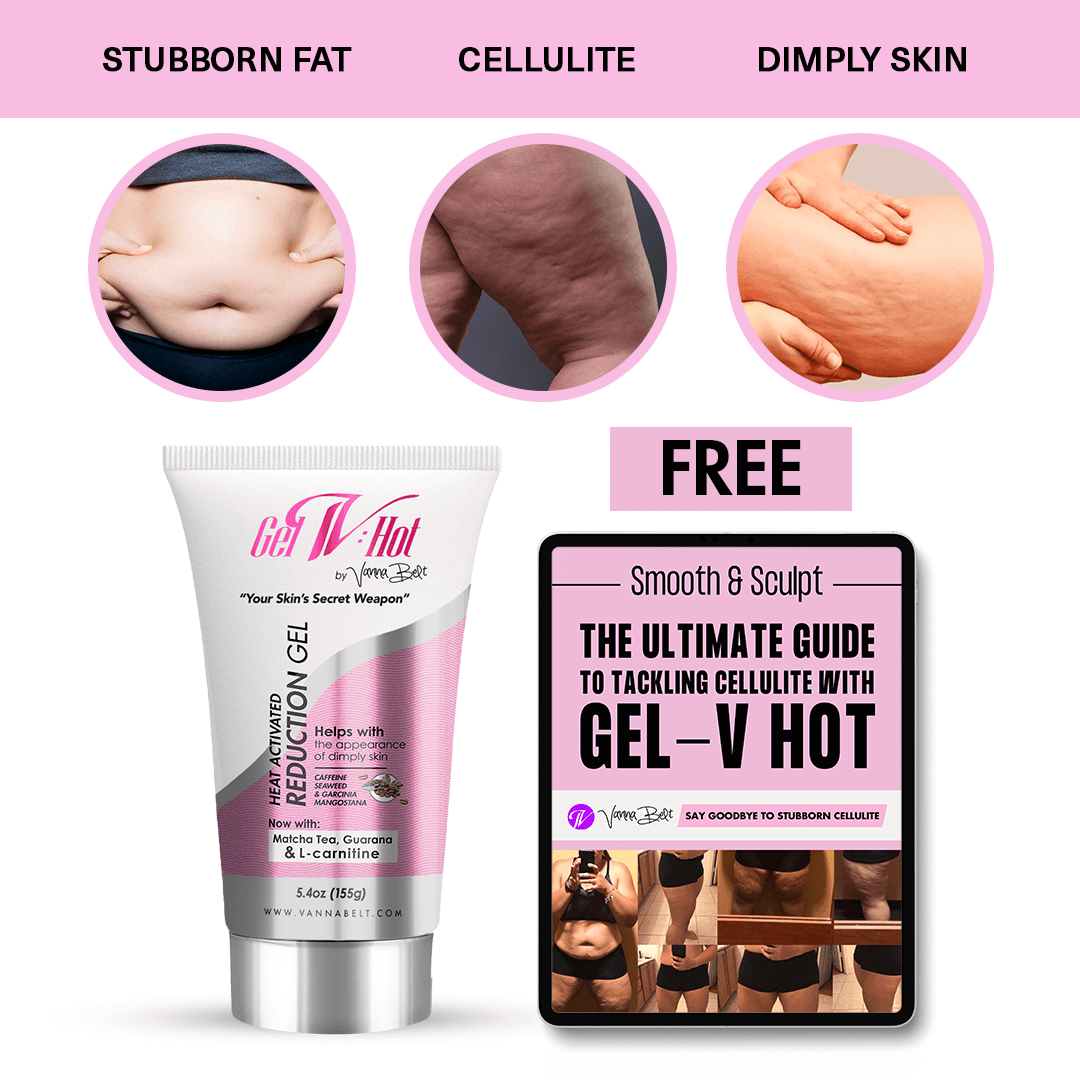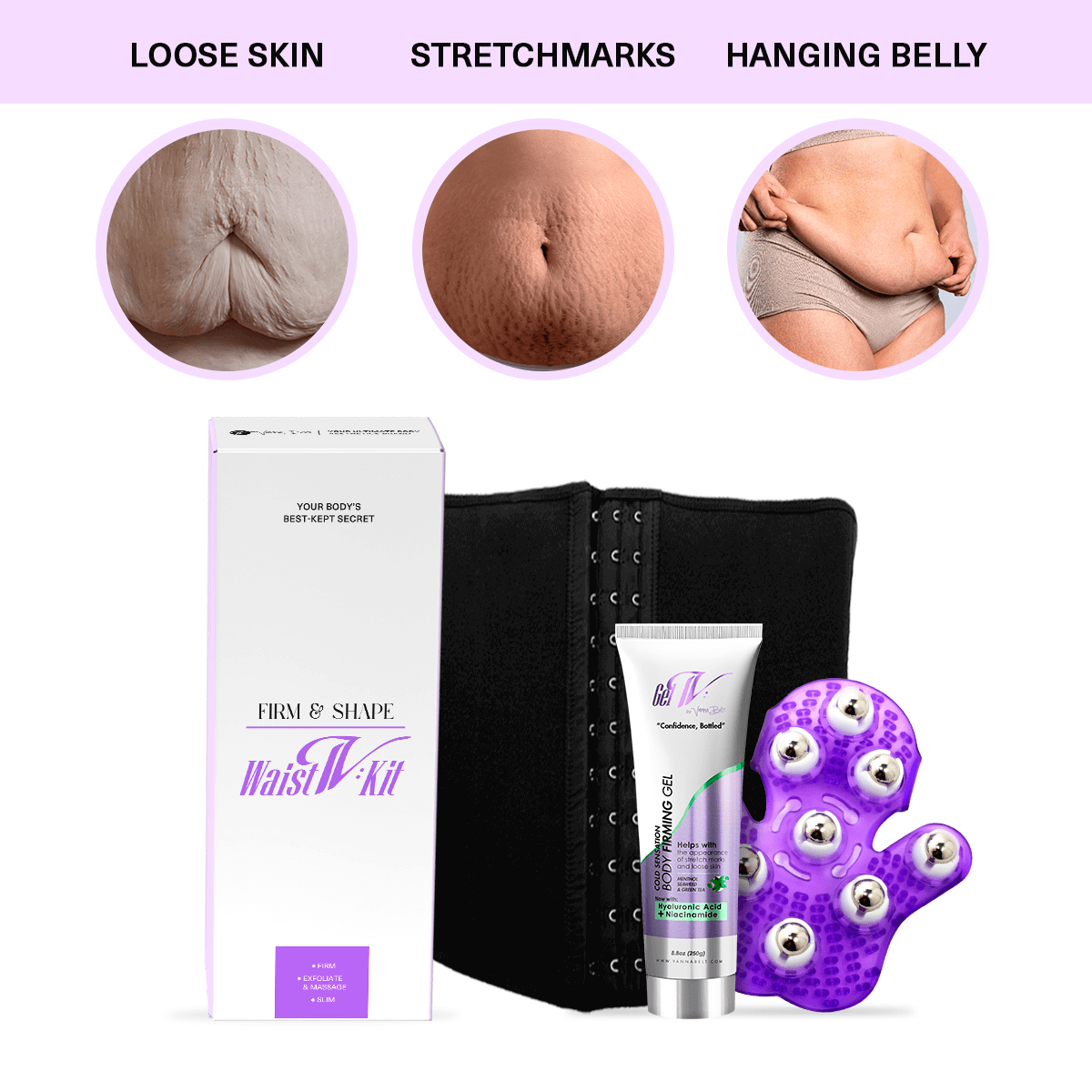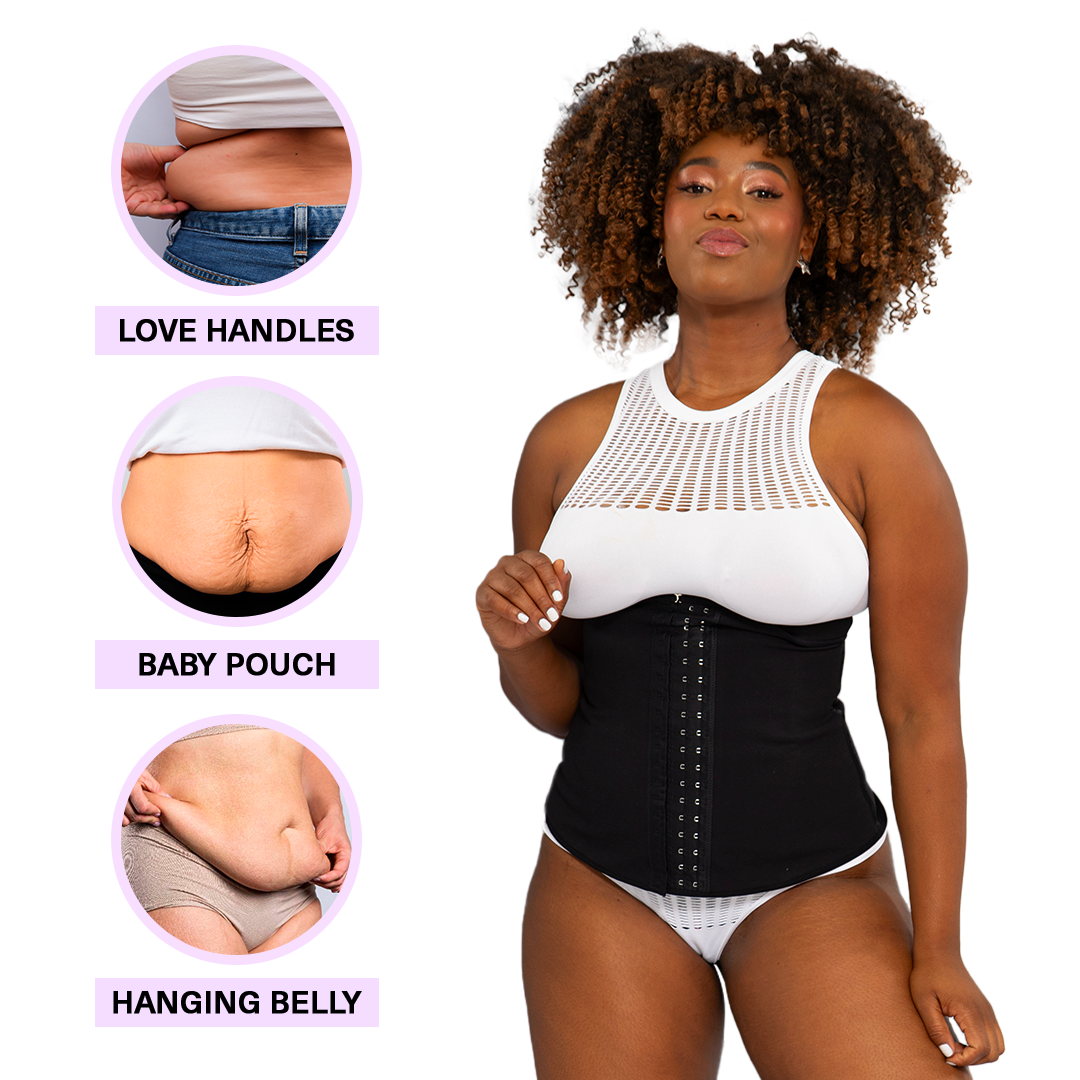


In our fast-paced world, stress has become a common part of life for many. While the mental and emotional impacts of stress are often discussed, its effects on skin health are sometimes overlooked.
The relationship between stress and skin is significant, and understanding it can be key to maintaining both mental well-being and a healthy complexion.
Understanding Stress and Its Effects
Stress is the body's response to any demand or threat. When you feel threatened, your body releases hormones like cortisol and adrenaline, preparing you to either "fight" or "flee" from the perceived threat. This response is known as the "fight or flight" response.
How Stress Affects the Skin
-
Increased Oil Production: Stress can cause the body to produce more cortisol, which in turn can lead to an increase in oil production in your skin glands. This can result in acne breakouts or other skin issues.
-
Inflammation and Redness: Stress can trigger an inflammatory response in the body, which can exacerbate skin conditions like psoriasis, rosacea, and eczema.
-
Skin Sensitivity: High levels of stress can weaken the skin's barrier function, making it more sensitive and more susceptible to irritants, allergens, and pollutants.
-
Aging: Chronic stress can affect the skin's ability to regenerate and repair itself, potentially leading to premature aging, such as the development of fine lines and wrinkles.
-
Impaired Healing: Stress can slow down the skin's healing process, which means wounds, like cuts, scrapes, or acne, may take longer to heal and are more likely to leave scars.
Managing Stress for Better Skin Health
-
Regular Exercise: Physical activity can help reduce stress levels and improve your overall health, including the health of your skin.
-
Balanced Diet: Eating a diet rich in antioxidants, vitamins, and minerals can help combat the negative effects of stress on your skin.
-
Adequate Sleep: Getting enough rest is crucial for skin repair and can help reduce stress.
-
Mindfulness and Relaxation Techniques: Practices like meditation, yoga, and deep breathing can help manage stress levels.
-
Skincare Routine: Using products that suit your skin type, like those offered by Vanna Belt, can help address stress-related skin issues.
-
Professional Help: If stress is overwhelming, seeking help from a mental health professional can be beneficial.
The relationship between stress and skin health is complex but undeniable. By managing stress and taking care of your skin with appropriate products and routines, you can help maintain both your mental well-being and a healthy, radiant complexion.
Remember, taking care of your mind is just as important as taking care of your skin.
SHOP THIS BLOG
OUR MISSION
Inspire, encourage and empower women around the world to regain confidence in their bodies and feel comfortable in their own skin.
SEE WHAT PEOPLE ARE SAYING!
"If you're still wondering if it works! Stop, do yourself the favor and order it. I will forever be a user of the product. It's faded my stretch marks immensely on my hips, thighs and tummy."
Deanna R., Happy Gel-V Customer
"Best Belt ever!!! The V-Belt gives me the support I need and that I was looking for. It maintain my waist snatch while giving the comfort and support all while looking good 😊 with any type of clothing. Will definitely recommend this V-Belt to everyone, I love it 🥰"
Yessica P., Happy V-Belt Customer



